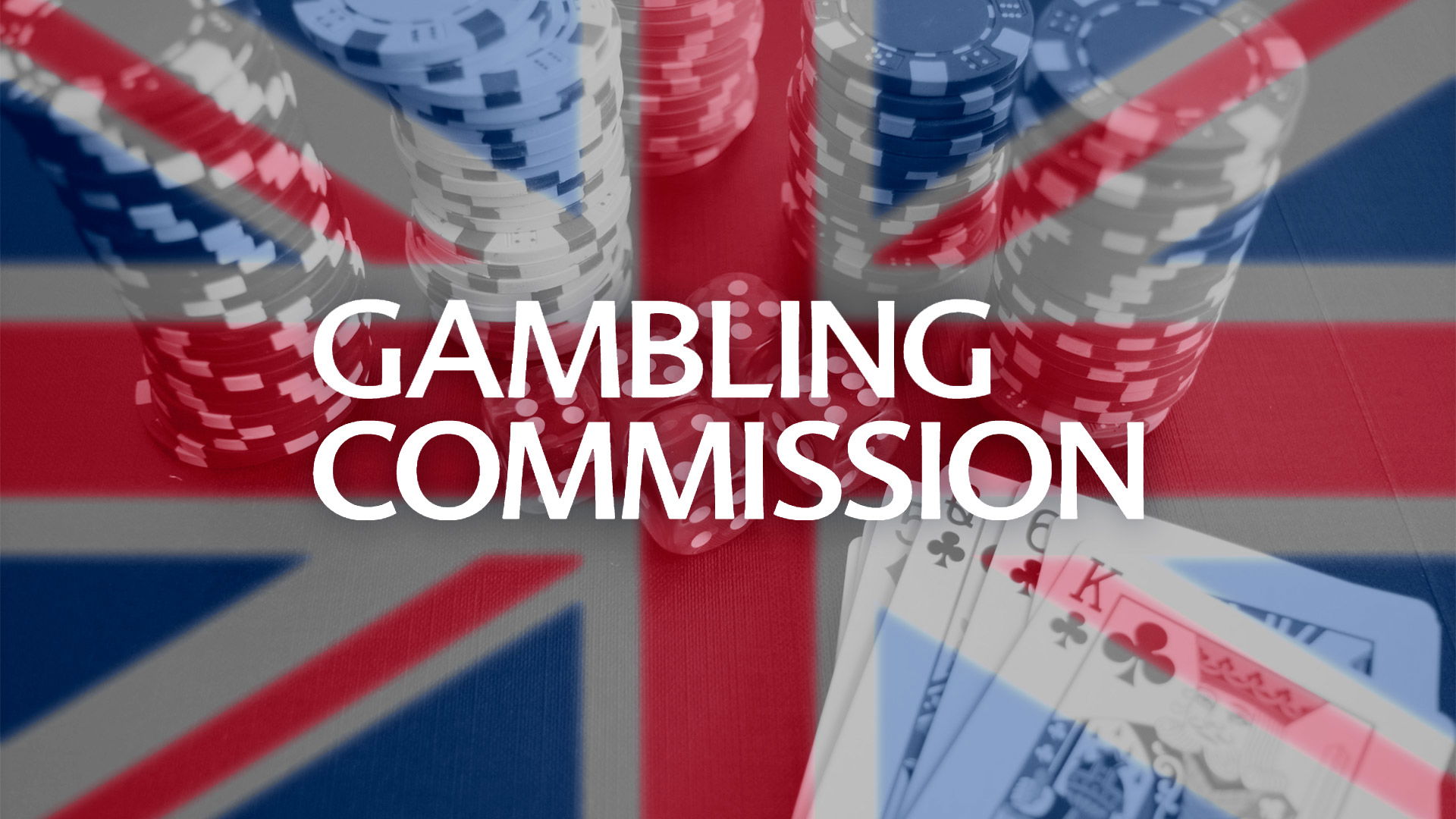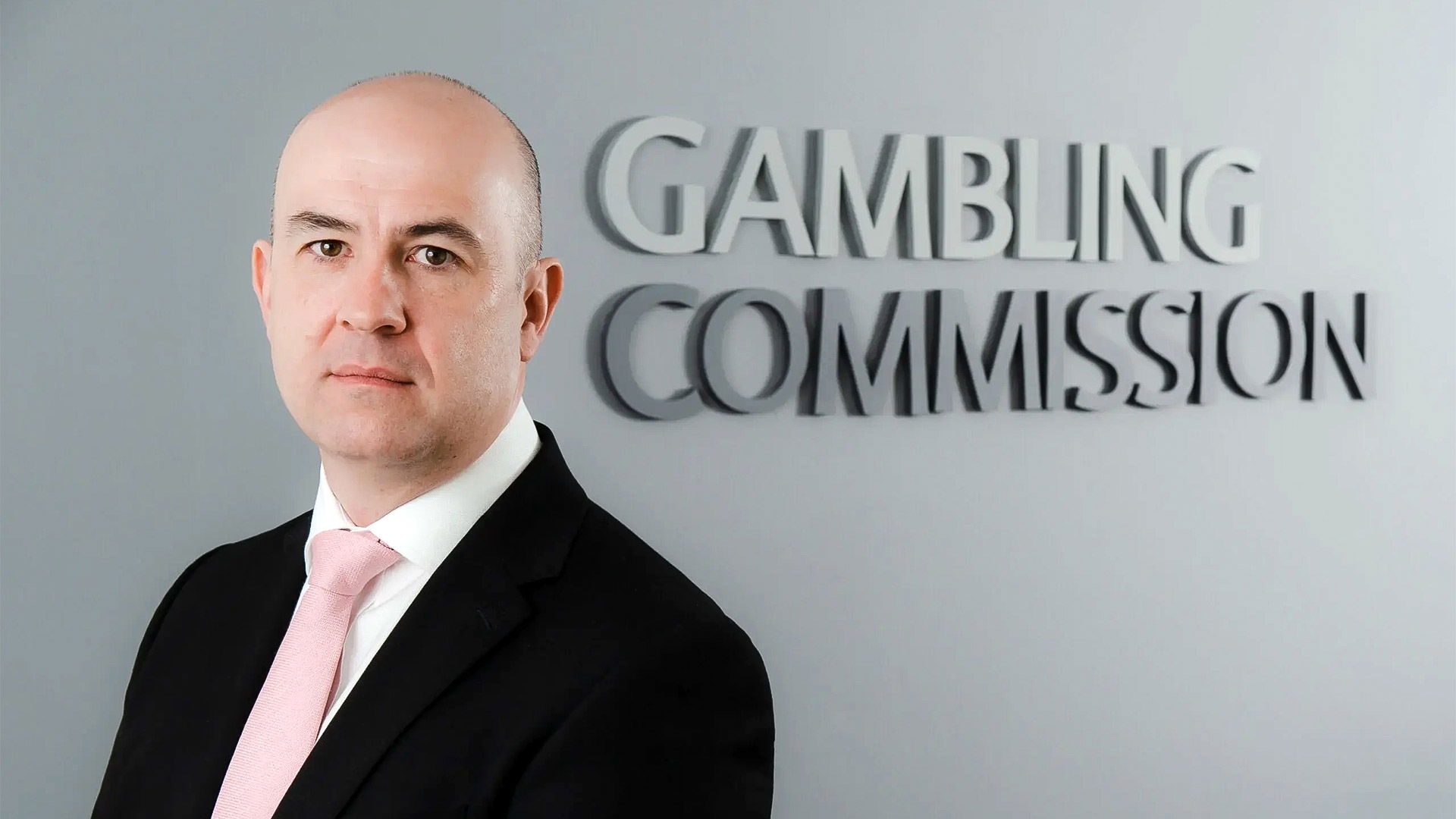Bulgaria hikes gambling tax to 25% starting January next year as deficit pressures mount

Bulgaria will raise its tax on the gross gaming revenue (GGR) of gambling operators from 20% to 25% starting January next year, according to the government’s newly adopted Budget. The change comes as the country seeks to address a widening fiscal deficit of approximately €3.86 billion ($4.48 billion).
The revised rate will apply to operators of sports betting, lotteries, online gambling, and other random event betting activities. While the increase pushes Bulgaria closer to the higher tax brackets seen across the European Union, the rate remains moderate compared to some of its peers.
Across the EU, several countries have implemented similar hikes in recent months. Romania raised its online gambling GGR tax from 21% to 27% in July, while the Netherlands has announced plans to lift its rate to 37.8% from January 2026.
Bulgaria’s Budget does not include any provisions to allocate the additional gambling tax revenue toward industry-specific programs such as responsible gambling or consumer protection. Instead, the measure is viewed as a general revenue-raising effort to support state finances in 2026.
However, analysts warn that the fiscal impact will be limited. Data from market research firm Yield Sec estimated that regulated online gambling operators in Bulgaria generated roughly €562 million ($652 million) in GGR in 2023. Assuming the land-based sector produced a similar figure, the country’s combined gambling GGR would total about €1.1 billion ($1.28 billion).
Under the previous 20% tax rate, the government would have collected around €225 million ($261 million). At the new 25% rate, annual tax revenue is expected to reach approximately €281 million ($326 million), a €56 million ($65 million) increase that represents just 1.4% of the current budget deficit.
Although the fiscal gain is modest, the higher tax could have a tangible effect on the market. Because the GGR tax applies to gross revenue without allowing deductions for marketing, payroll, or operational costs, the increase will directly cut into operators’ margins.
Industry observers suggest that companies may respond by scaling back promotional offers, cutting marketing expenditure, or delaying expansion plans. The uncertainty could also discourage new entrants from investing in Bulgaria’s gaming sector, potentially affecting long-term competitiveness.

















